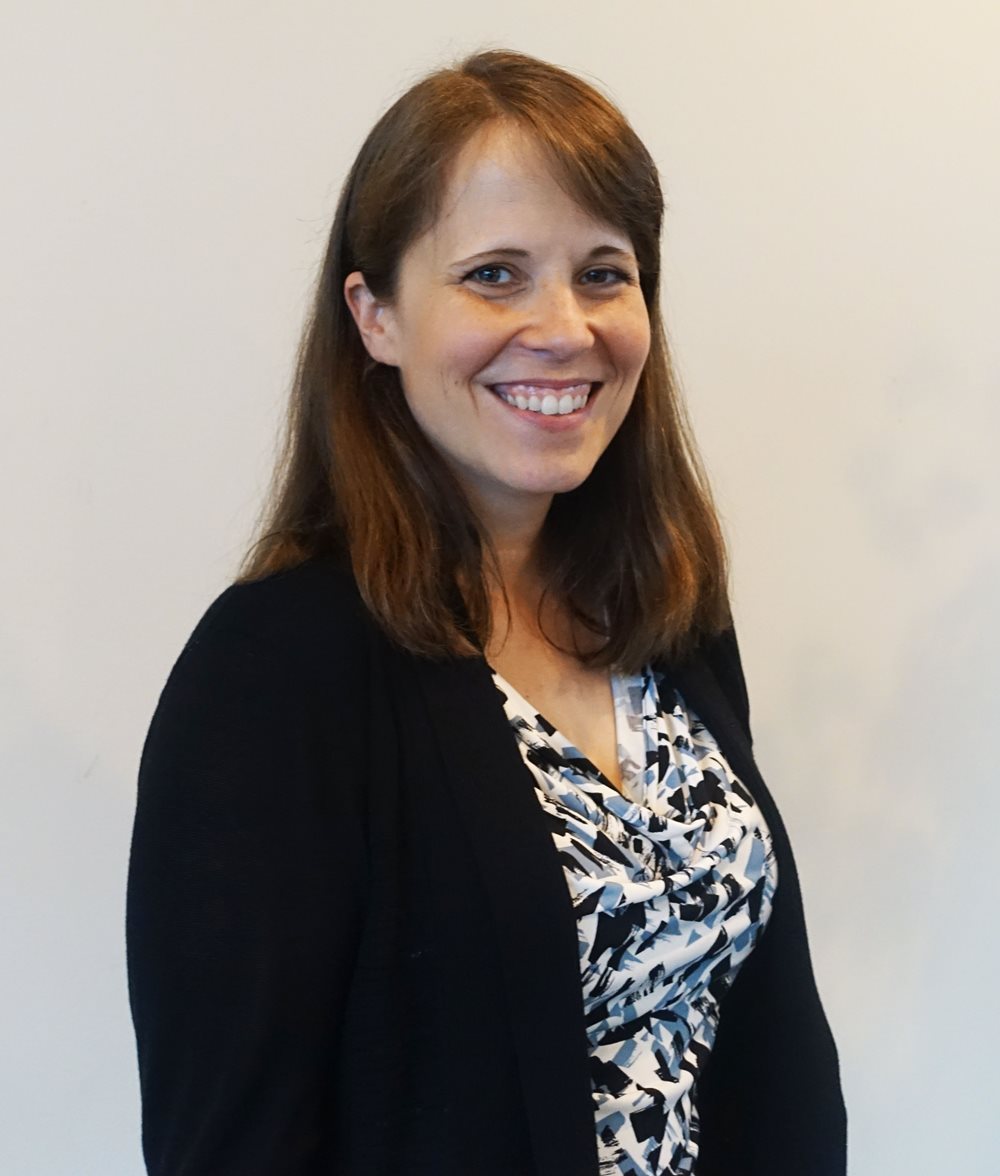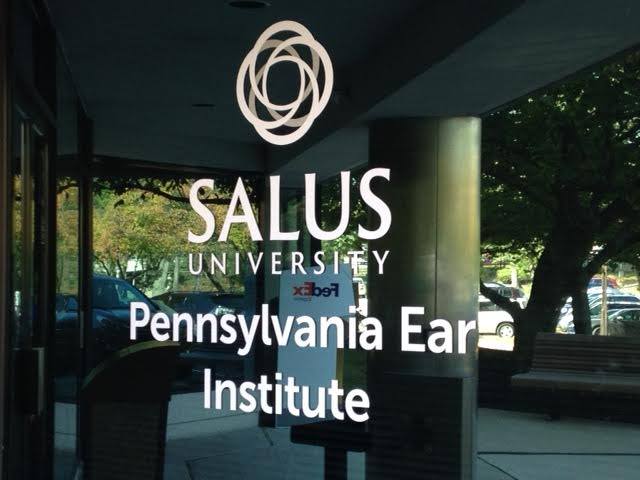Q&A with Dr. Lindsay M. Bondurant Part 2
 Q: What advice would you give to people if they’re unsure if they or their children have hearing loss?
Q: What advice would you give to people if they’re unsure if they or their children have hearing loss?
A: My advice to everybody is: come have a hearing test. If there’s any concern about communication, whether it’s talking, listening, language, learning, whatever it is—if it’s a communication issue, please come get a hearing test. If there’s nothing going on, at least you can cross that off the list and look at other areas that might need to be addressed. If there is something going on, we can have that discussion and then you can make informed decisions about how you want to proceed. I would love it if everyone in the world at least got one hearing test even if there’s nothing going on because then at least you have a baseline. Then, as you age, if you notice any issues, you can see if something’s changed.
Q: Are there any particular patients that stand out throughout your career?
A: So many of my patients are my favorite; working in pediatrics means I get to see so many cute kids and wonderful families. There was a three-year-old girl whose family had just moved here from Costa Rica. I speak Spanish fairly well so I got most of the Spanish-speaking families that came through the department. She had very significant hearing loss in both ears. She had surgery to essentially remove most of the middle ear system because she had experienced chronic ear infections that were never treated, which happens in places where people don’t have access to adequate healthcare.
When fitting a child with hearing aids for the first time, some families are able to run with it and other families really struggle. This particular family did everything that needed to be done and followed through with all of our recommendations; once she got her hearing aids, the little girl just blossomed with them.
When this patient started kindergarten at age five, she spoke Spanish almost exclusively, with very little English. However, she was a super hearing aid user and a very bright and outgoing little girl, and she ended up finishing kindergarten completely fluent in English. It just blew my mind that a kiddo with this much hearing loss who had a late identification and late fitting with hearing aids would be able to learn an entirely new language in just a few months and do so well.
Q: You’ve done a lot of humanitarian work throughout your career. What attracts you to pursue these activities?
A: I’ve always liked to do volunteer work. I first started volunteering with Special Olympics when I was in seventh grade. I just fell in love with it. I continued to volunteer throughout high school, college and graduate school.
When I became an audiologist, I heard Special Olympics were doing hearing screenings. So I participated and met with the director at the time who said they were looking for someone to start a Healthy Hearing program for Pennsylvania Special Olympics. It was perfect - marrying my personal and professional love. I’ve been doing that now for 14 years. I just have a soft spot in my heart for that population - people with intellectual disabilities. It’s personally rewarding because I know we’re providing them with services they may not have access to otherwise. Once I transitioned into academic audiology, it’s been great to show students that side, getting them involved in volunteer work and interacting with the community.
I’ve also traveled to South America, Central America and Africa to volunteer. The first international audiology volunteer work I did was through Special Olympics. I went to train providers in the Caribbean to provide hearing healthcare services. Then I was able to go to South Africa where they were setting up a hearing clinic through the support of one of the hearing aid companies. I went with a professor from the University of Texas at Dallas, along with some audiology students. Going with someone as experienced as Jackie Clark (president-elect of the American Academy of Audiology) helped me understand how important it is to be involved with programs that are sustainable and have long-term follow up goals. Setting up a clinic that was training local community members to provide hearing screenings, but also making sure someone was on-site to provide follow-up hearing care was absolutely critical. You’re not only helping those with hearing loss, but you’ve also created a job in that community.
 Q: What are some things you hope to accomplish as the new director for the Pennsylvania Ear Institute?
Q: What are some things you hope to accomplish as the new director for the Pennsylvania Ear Institute?
A: My top priority is that I’d like to see more patients coming in. Our primary role here is a training facility for aspiring audiologists. I’d like to provide our students with the most robust and diverse access to patients. I’d love to see us increase our number of patient visits and the age-range we’re seeing. We can see anywhere from newborns to centenarians. We have equipment to test hearing, fit hearing aids and cochlear implants, assess vestibular issues; basically, we are able to assess and treat any and all aspects of the hearing and balance system. I’d like to see us utilize all of those services to help the community and provide the best student training we possibly can.
Next, I’d love to expand our clinical offerings. If we get more patients coming in, we can start doing specialty clinics, extended hours clinics, rehabilitation groups, volunteer groups, and all kinds of other programs. It’s really an exciting time to join the Salus team, and I’m really looking forward to seeing the Pennsylvania Ear Institute grow!